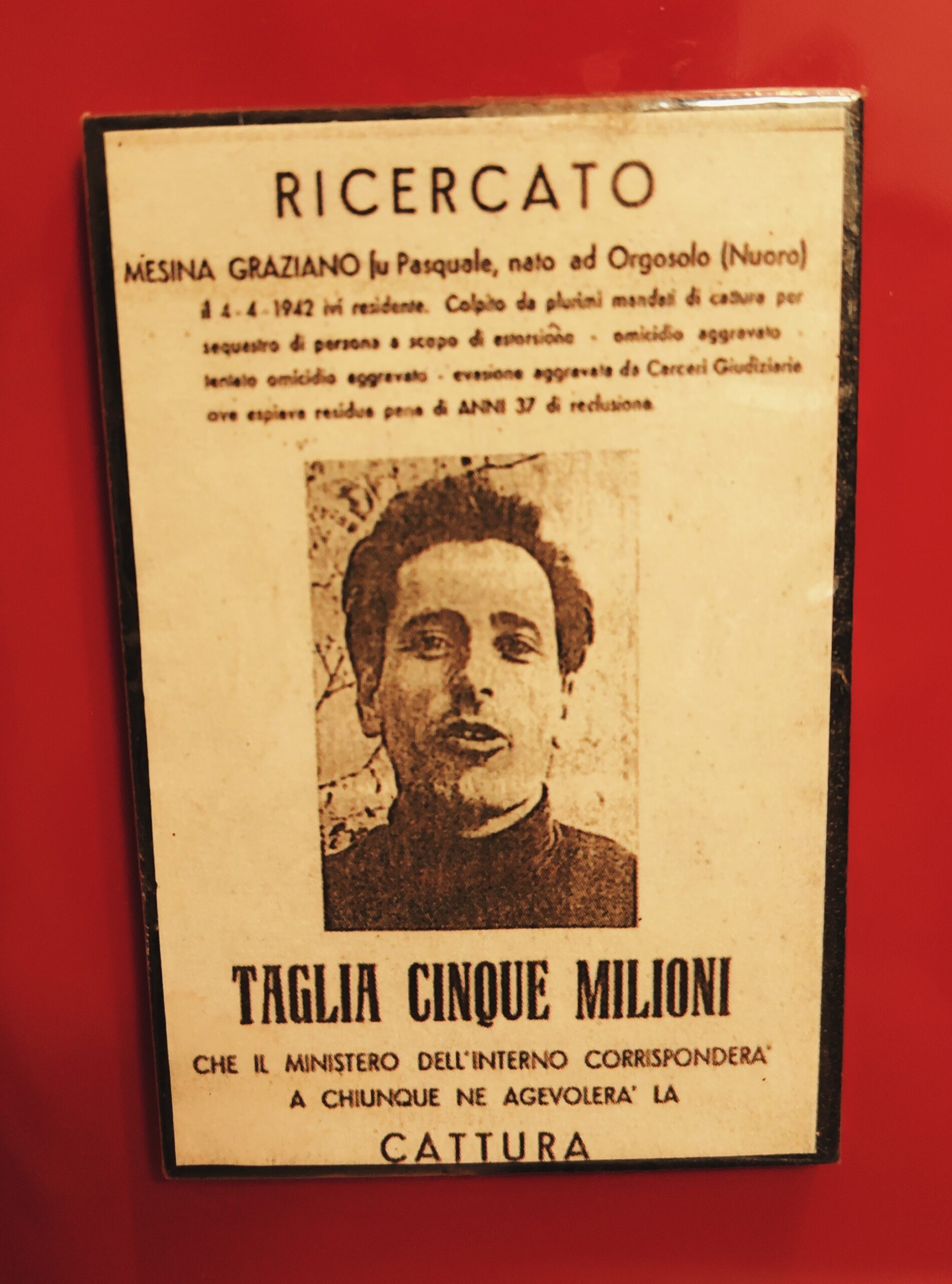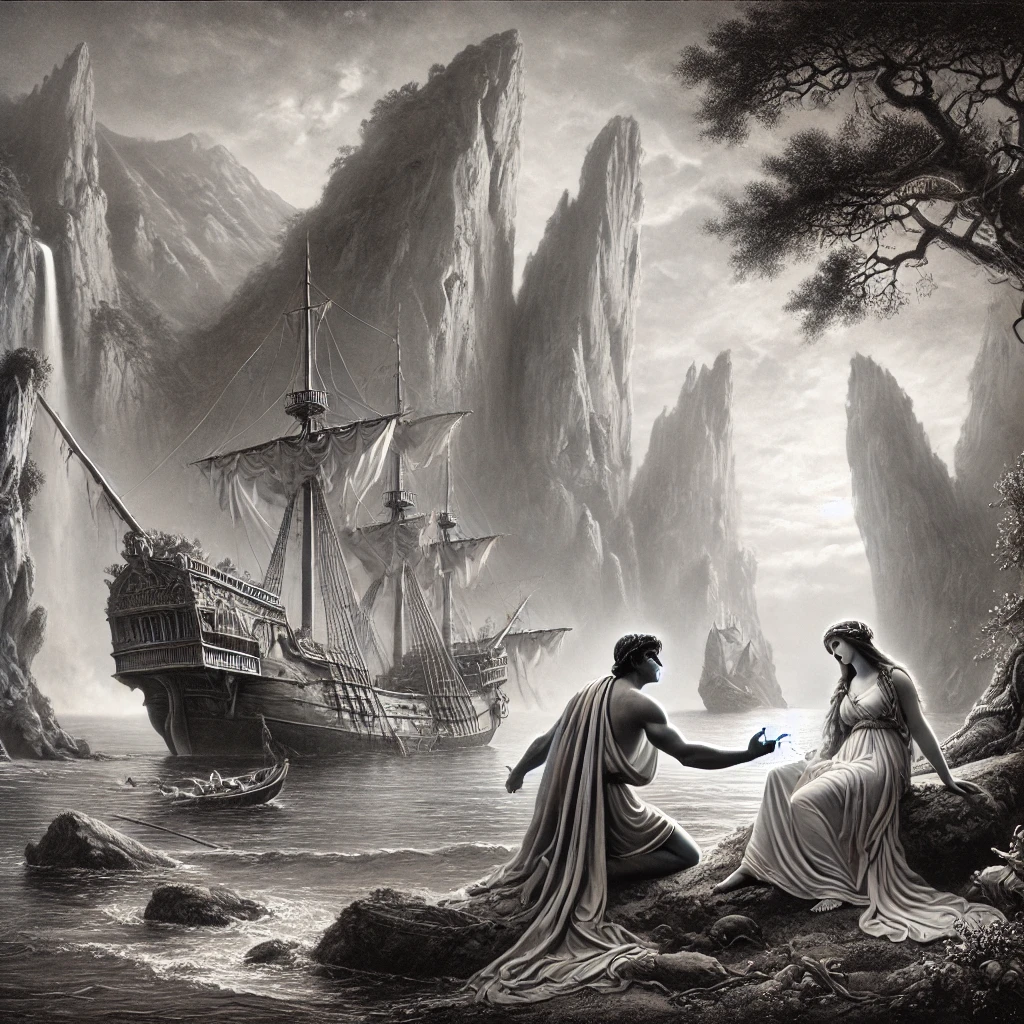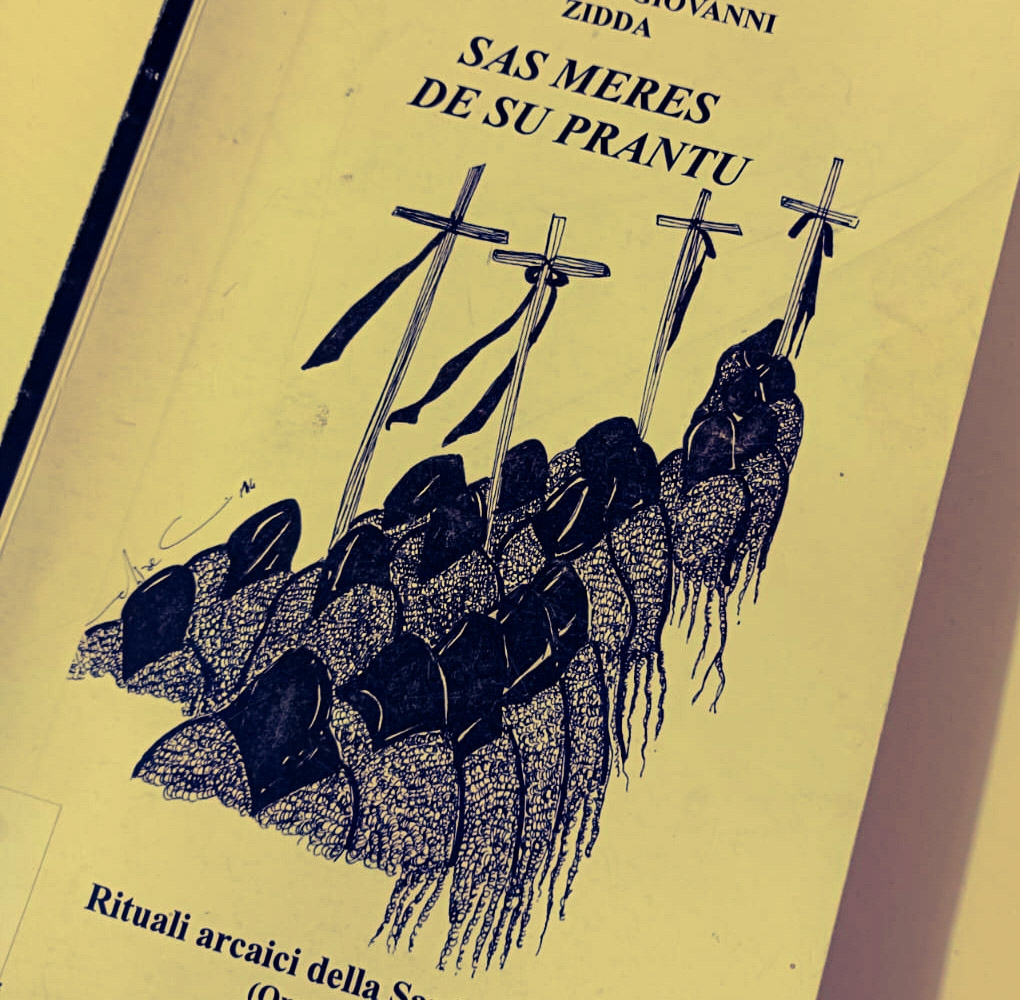Graziano Mesina was born on April 4, 1942, in Sardinia, fertile ground for his restless and rebellious character, nourished by an ancient unwritten code. In fourth grade, he threw stones at a teacher. As a teenager, he was arrested for shooting at streetlights in the center of Orgosolo. He escaped from prison for the first (but certainly not the last) time at 16. After a brief time on the run, he was arrested again. Then released. Then arrested again for attempted murder.
Jumping between courtrooms and prisons, murders and attempted murders, hiding and kidnappings, he tried to escape more than twenty times in his life, and succeeded ten times. They say he once jumped from a moving train to escape, another time from a hospital window in Nuoro. There’s a story that he hid inside a pipe for three days.He was granted a pardon in 2004, but in 2013, at age 71, he was arrested again for allegedly planning a kidnapping and being involved in drug trafficking.
He died of cancer two days ago, on April 12, 2025.
They called him the King of Supramonte, the Robin Hood of Barbagia, the Scarlet Pimpernel: his stubborn acts of defiance helped build an epic narrative tied to much deeper cultural issues. Even I have a magnet on my fridge with his most famous photo, the “5 million bounty” one (yes, it’s the photo above this article). It’s not his violent actions that create a connection with the character, but the myth of sa balentia, which, historically, in one way or another, relates to the idea of justice that bandits pursued. An idea deeply rooted in Sardinian culture.
Seen from 2025, however, Mesina’s life feels like the ending of an era: a historical turning point that sums up, through his decline, the melancholic fate of his island.
Beyond any moral judgment, “Grazianeddu” truly did rebel as a young man, but if we retrace his life, the figure of the rebel, driven by honor, revenge, and unwritten laws, slowly turned into a puppet of the character he had created for himself.
Originally, banditry came from real necessity, not senseless rebellion: in a land forgotten by God (and by the State), there weren’t many alternatives. The unwritten rules of Sardinian pastoral society were crucial for its survival. And honestly, even though they were strict and clashed with external laws, they worked pretty well. It was the State that shattered a centuries-old balance and, as often happens, those who make laws for others don’t even know the people they’re making them for. That’s how what Giuseppe Fiori called a “society of malaise” was born. So the Balentes were (originally) truly brave, men of real strengt, not pretending. If they’d had a choice, they would’ve stayed quiet.
It’s clear, then, that a world destroyed by the State can only see the State as an enemy. And the enemies of your enemies are usually your friends. That’s why, in the Sardinian collective imagination, bandits are still seen today as brave men standing up to the injustices of a State that has always felt like a bitter enemy.
But: there’s a but.
Graziano Mesina kept rebelling out of habit until his death, betraying the very origins of his rebellion. He became the victim of the myth he had helped create. A man who never knew how to leave the stage. The Scarlet Pimpernel may have bloomed for a just cause and with the fire of youth, but withered beyond recognition, betraying the very idea of ancient courage that had once nourished him… and leaving among the new generations the scattered seeds of his confusion.
What remains today in the imagination of young Sardinians is no longer an act of resistance to injustice, but a rebellion out of inertia, empty of honor and ideals, without courage or real reason.
Gun possession, drug trafficking, alcohol, and “underworld”: a badly made mix between a Sardinian bandit who didn’t quite know what to do and a Pablo Escobar who never really took a stand.
Sadly, it’s always the new generations who end up paying the price for those who came before them.



